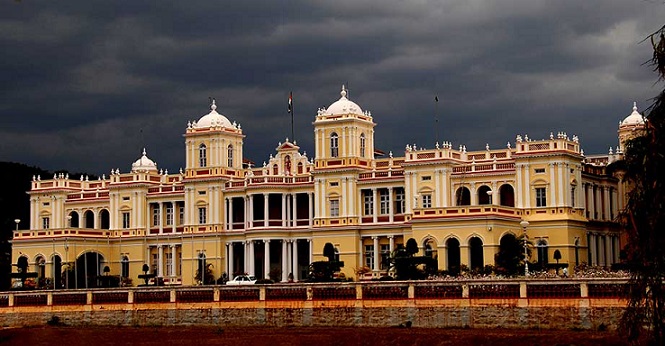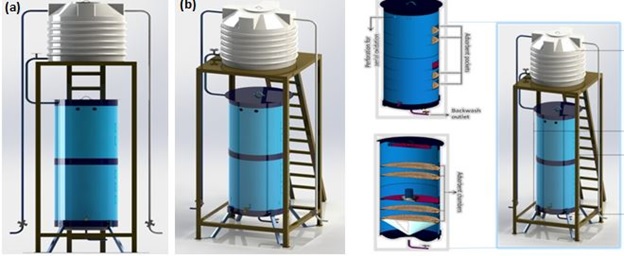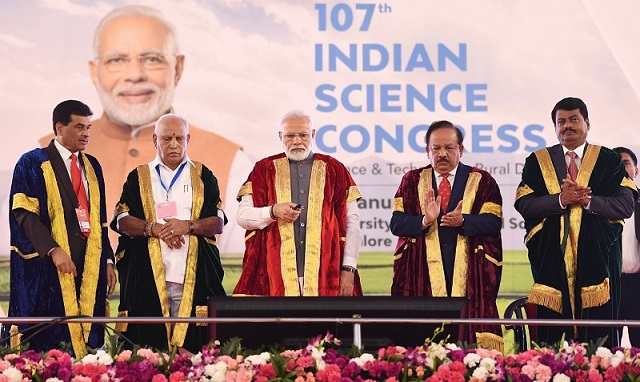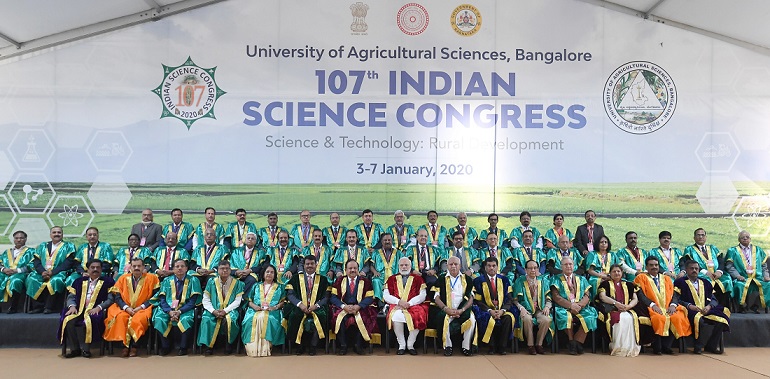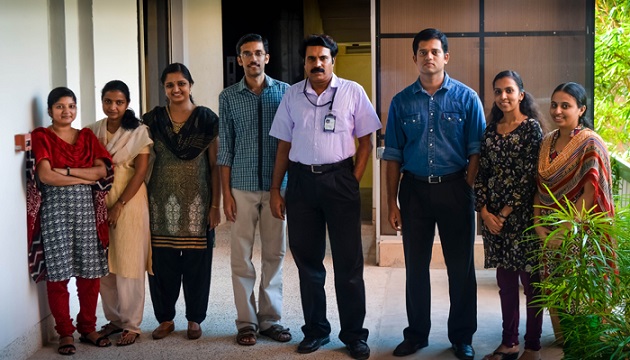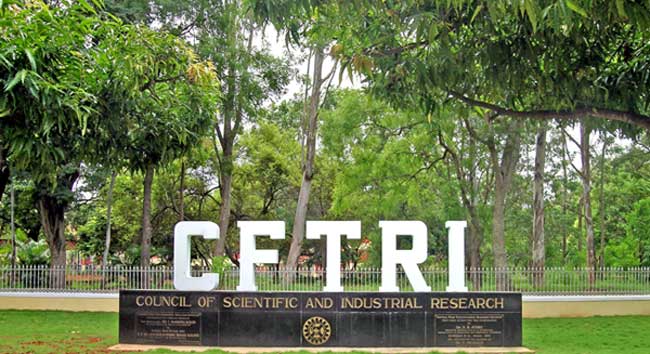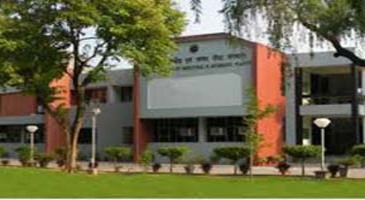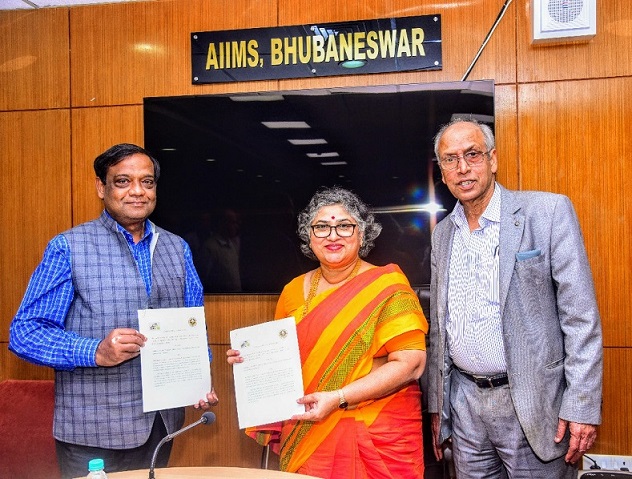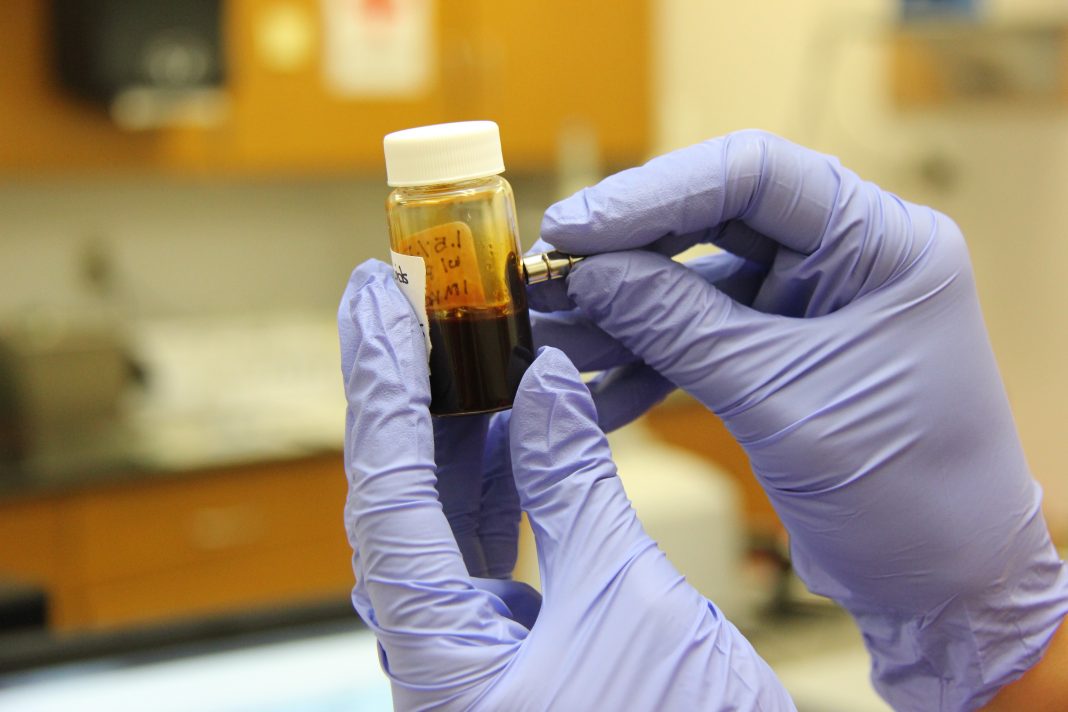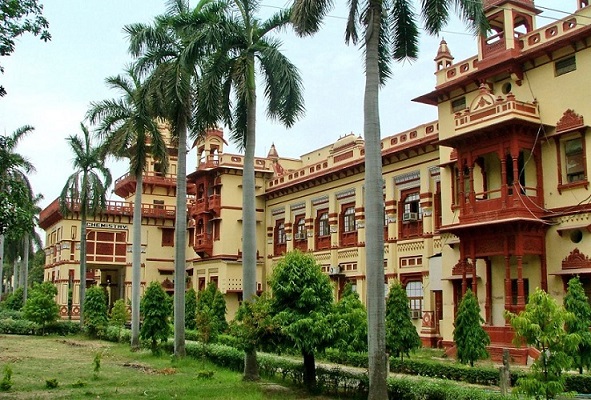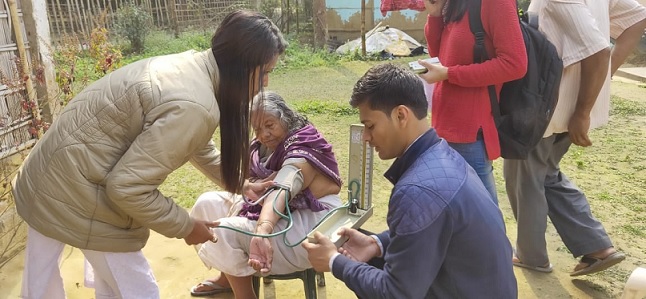
Jorhat is an urban city in Assam known for its unique culture, gardens, and tea plantations. For all tea lovers, Jorhat is also known as the tea capital of India. Besides a host to several other things that attract a lot of tourists every year, Jorhat also houses a CSIR research institution – North East Institute of Science and Technology (NEIST). Here, Dr G. Narahari Sastry, Director of the Institute, is quietly leading an initiative in the city under the larger CSIR-800 programme, which is about connecting young research scholars with the issues confronting the society nearby.
Many have heard of bright young students being taken to research institutions as part of their grooming as potential future scientists. What NEIST has done in Jorhat is exactly the reverse! Young researchers at CSIR’s Academy of Scientific and Innovative Research (AcSIR) were taken to a neighbouring village to give them an understanding of the real-life issues facing the villagers and also to leave a lasting impression about science on the young ones in schools and in the village.
On the first day, the team comprising two medical staff visited the Porbotia Gaon High School and performed the basic health survey and interacted with the students and the teachers. Along with discussing the daily food habits of the students, they tried to motivate the students towards science by displaying various scientific videos. The individual opinions of each student regarding the educational quality were also recorded.
Young researchers at CSIR’s Academy of Scientific and Innovative Research (AcSIR) were taken to a neighbouring village to give them an understanding of the real-life issues facing the villagers and also to leave a lasting impression about science on the young ones in schools and in the village.
On the second day, the team visited 37 households and interacted with one hundred and seventeen villagers about their daily livelihood, health, agriculture, primary income source, and other difficulties. On the third and the last day of this initiative, the team collected soil and water samples from the village for basic analysis to be carried out in the institute. The very fact that this action of the research scholars collecting water and soil samples aroused curiosity among a lot of children in the vicinity.
Later in the day, Mr Jiban Jyoti Mahanta, AcSIR coordinator and Scientist, held a formal meeting with the school authorities and the local people informed them about the various rural technologies present in the institute and how they can avail the same. The meeting greatly emphasized on the self-employment of the women folk by acquainting them with the technologies so that they can lend a hand of help to their families.
Dr. Leema Dutta, Research Associate of CSIR-NEIST, used this opportunity to spread awareness about the deadly Corona virus, its various symptoms, and the precautionary measures.
Overall, the initiative turned out to be a mutually beneficial exercise, both for the research scholars and for the villagers/school students. The CSIR-800 programme underlines the point that, end of the day, science is for the benefit of society at large. Also, through this programme, scientists are also fulfilling a social responsibility in a direct manner. India Science Wire


